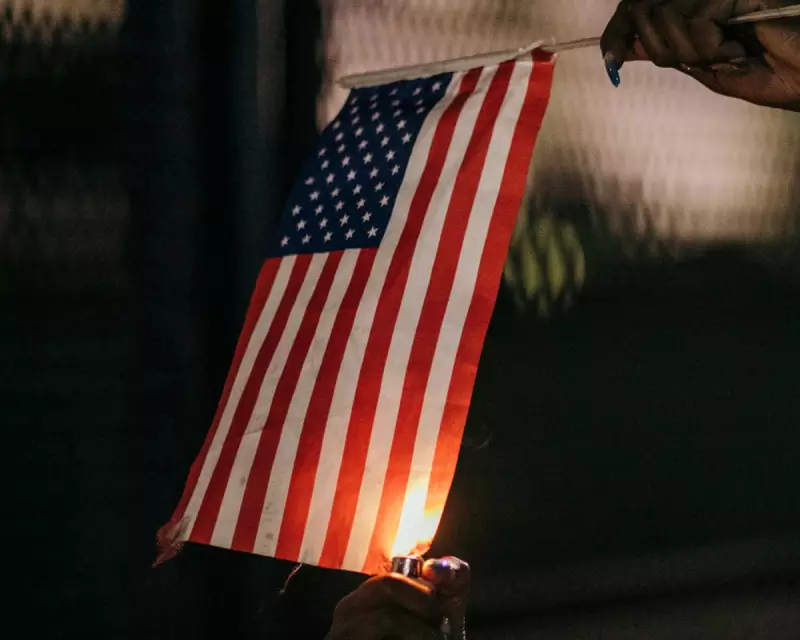
The Trump administration has hit the ground running with a seismic policy blitz, unveiling a suite of executive actions that promise to redefine the federal government and US immigration system. The moves, described as the most aggressive opening gambit of any modern presidency, have set the stage for immediate and fierce confrontations.
A Smaller Government: The 'Fiscal Discipline' Order
Central to the new agenda is a sweeping executive order mandating deep cuts to the federal workforce. The so-called 'fiscal discipline' order instructs agencies to prepare for a reduction of potentially hundreds of thousands of jobs through a combination of attrition and targeted eliminations.
This directive specifically takes aim at what the administration labels 'diversity, equity, and inclusion (DEI) bureaucracies,' signalling a rapid rollback of related programmes and positions. The order frames these cuts as essential for reducing government waste and curbing federal overreach.
The Immigration Crackdown: 'Removal and Detention' Accelerated
In a parallel move, the administration has unleashed its most hardline immigration policies to date. A new executive order empowers state officials to assist in immigration enforcement, a move that critics argue will lead to widespread racial profiling.
The policy mandates that all individuals arrested in the US, regardless of the charge, be processed by Immigration and Customs Enforcement (ICE). It also dramatically expands the criteria for priority deportation, fast-tracking removals and maximising the use of detention facilities. The administration has also confirmed the revival of the controversial Title 42 public health order, using it as a tool to summarily expel migrants at the border.
Legal Challenges and Political Fallout
These actions have not gone unchallenged. Legal experts and civil rights groups have decried the policies as unconstitutional and in violation of federal statutes. The American Civil Liberties Union (ACLU) has pledged to mount immediate legal challenges, setting the stage for a protracted battle in the courts.
Domestically, the reaction has been sharply divided along partisan lines, foreshadowing the intense political warfare that will characterise this second term. Internationally, the moves are being closely watched by allies and adversaries alike, concerned about the stability and direction of US policy.
The implementation of these orders will be a key test of the administration's ability to navigate the US bureaucracy and legal system to fulfil its most ambitious campaign promises.





